An IP PBX (Internet Protocol Private Branch Exchange) is a phone system that uses IP data networks to manage call switching, route calls, and handle other messaging. In essence, an IP PBX is a PBX system that uses the internet or other IP networks to handle voice (and often video and other media) communications.
Here's a deeper look into IP PBX:
- Traditional PBX vs. IP PBX: Traditional PBX systems manage calls between landline telephones and are often more hardware-centric. IP PBX systems, on the other hand, manage calls between IP-based networks and can handle both traditional landline calls and VoIP (Voice over IP) calls.
- Components: An IP PBX consists of one or more SIP (Session Initiation Protocol) phones, an IP PBX server, and optionally a VoIP gateway to connect to existing PSTN lines.
- Functionality: The IP PBX server functions similarly to a proxy server. SIP clients, being either softphones or hardware-based phones, register with the IP PBX server, and when they wish to make a call, the IP PBX connects the call. The IP PBX has a directory of all phones/users and their corresponding SIP addresses, which allows it to connect internal calls or route external calls through a VoIP service provider or a traditional phone line.
- Features: Modern IP PBX systems offer a variety of features, including:
- Call routing and transferring
- Voicemail
- Call queues and auto-attendants
- Time-based call routing
- Conference calling
- Call forwarding, hold, and mute
- Integrated messaging (like SMS or chat)
- Call recording
- Detailed call logs and analytics
- Flexibility & Scalability: One of the biggest advantages of an IP PBX is the ease of installation and scaling. As it's largely software-based, adding new lines or extensions often doesn't require much physical installation. Additionally, because it operates over the internet, users can connect from anywhere, making it especially useful for businesses with remote or distributed workforces.
- Cost-Effective: IP PBX systems often provide cost savings, especially for organizations that make a lot of long-distance or international calls. By routing calls over the internet through VoIP providers, companies can often get lower rates.
- Unified Communications: Many IP PBX systems are part of broader unified communications solutions, integrating voice, video, messaging, and even file sharing into a single platform.
It's worth noting that, as with all internet-based systems, IP PBX systems require a stable and high-speed internet connection to maintain call quality. Proper setup, including measures like Quality of Service (QoS) configurations, can help ensure consistent performance.

Open Coconut Networks
Avenue Léon Champagne, 2
1480 Saintes
Belgium
tel. +32 498 62 53 24
mail : aloha@opencoconut.net
VAT : BE 0761.936.285



